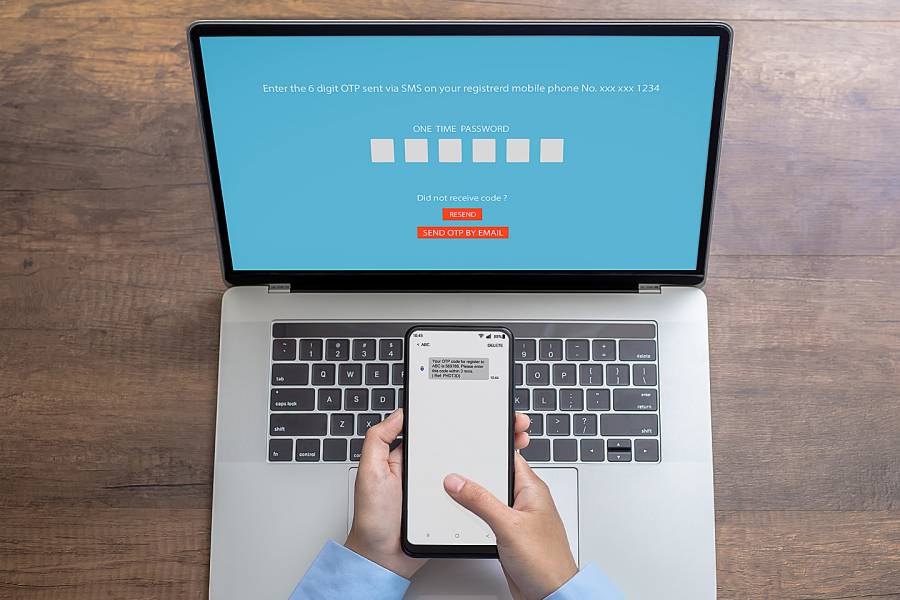Passwords are the keys to most devices and almost everything you do online. Unfortunately, even the best passwords can get hacked, stolen, or unintentionally shared. But fortunately, there is an easy way to add another layer of protection to your username and password to make your login more secure. This is called multifactor authentication, or MFA.
What is multifactor authentication?
MFA is a security enhancement that requires two or more credentials to access your information. The two types of credentials are:
- A "possession factor," or something you have. You use a physical key or keycard or cellphone with a personal identification number, or PIN, assigned to only you.
- An "inherence factor," or something you are. To identify yourself, you use a biological trait such as fingerprints, hand geometry, retina or iris, or voice.
Using several types of credentials is the most secure way to protect your data. If someone steals your keycard, they can't access the system because they don't know the passcode.
Why use MFA?
Although stopping all online crime is not a realistic goal, simple steps can greatly reduce the likelihood you'll be a victim.
MFA helps protect you by adding an additional layer of security, making it harder for "bad guys" to log in as if they were you. Even if they had your password, they would still need your phone or token—your second "factor"—to get in.
Turn on MFA today
While two-factor authentication may seem like more work at first, it will make your accounts and personal information substantially more secure. Don't wait until your accounts have been hacked; lock down your login today and enjoy greater peace of mind.
You should use MFA whenever possible, especially for your most-sensitive accounts, such as your email, bank accounts, retirement accounts, health records, and social media. While some organizations require you to use MFA, many offer it as an extra option that you can enable—but you must take the initiative to turn it on.
Posted in News+Info
Tagged hr newswire








